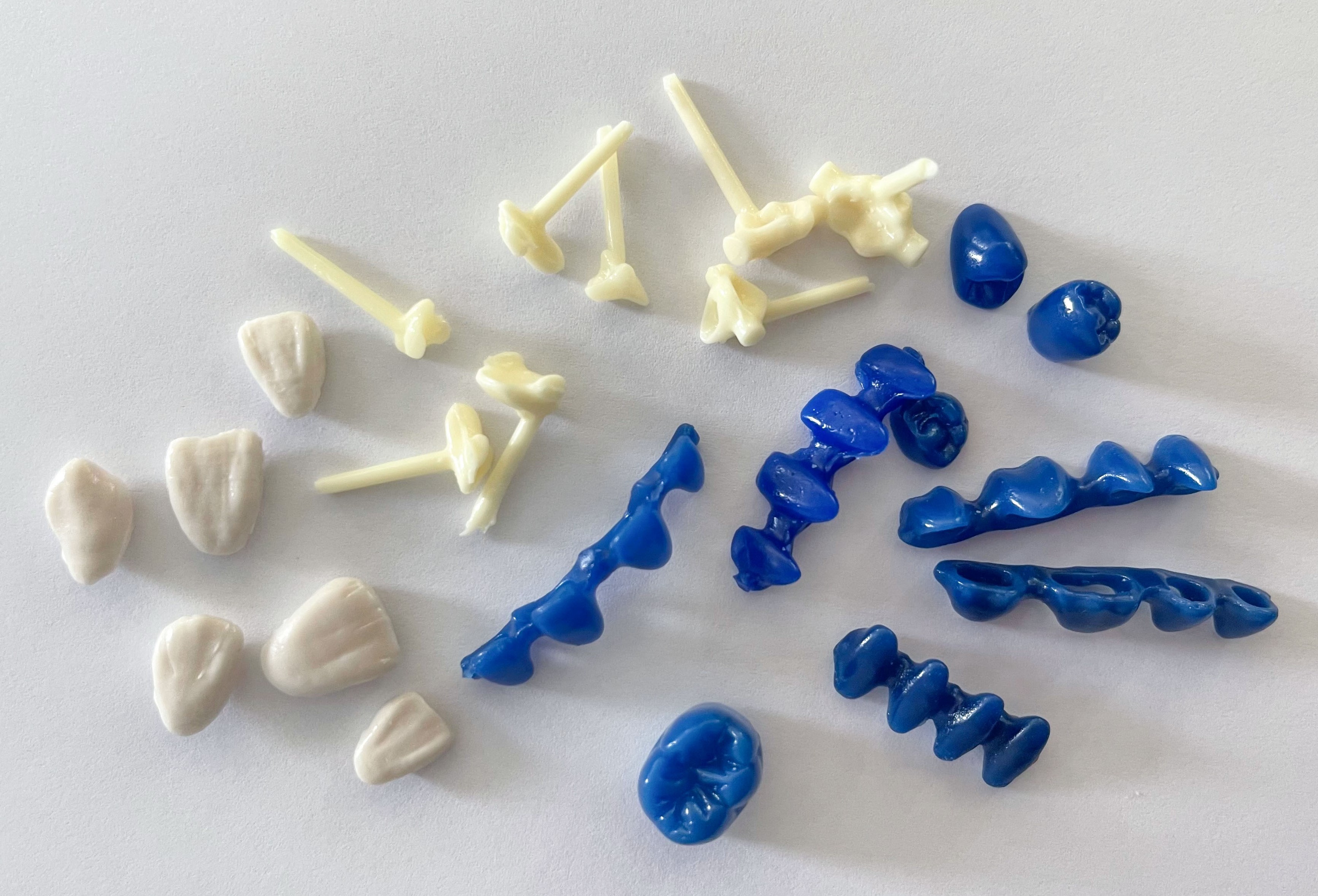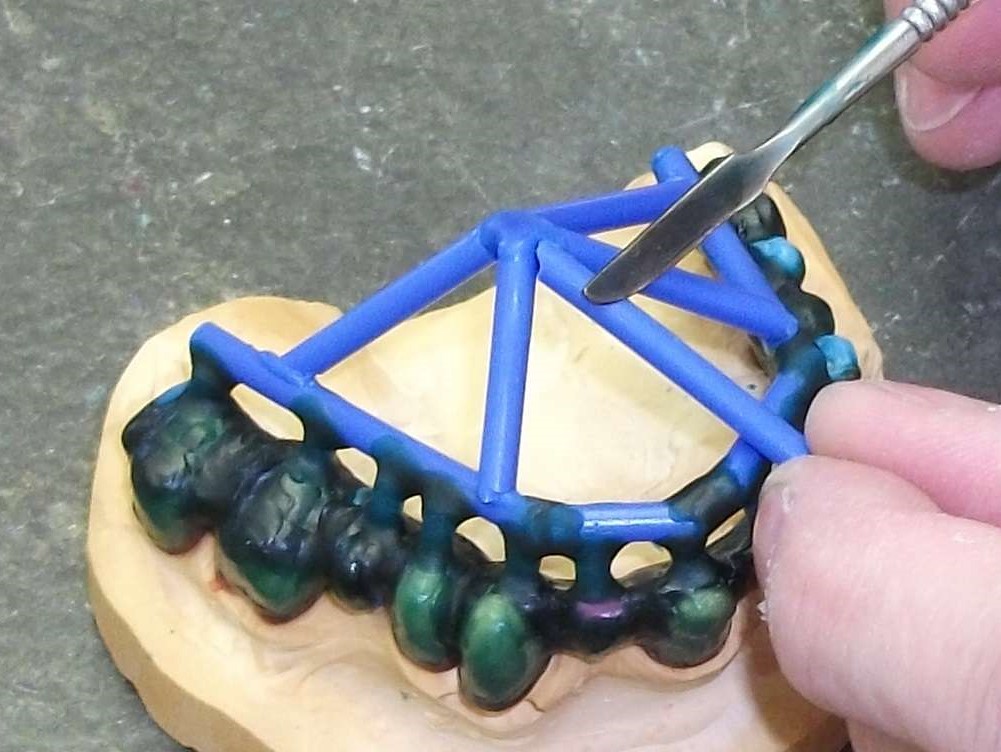English focus texts
Translate
1: an artificial replacement of an absent part of the human body 2: a therapeutic device to improve or alter function 3: a device used to aid in accomplishing a desired surgical result Editorial note: The taxonomy of the word prostheses is as complex as are the varieties of items made by humans for any utilitarian purpose. While classification of botanical or zoological species can be relatively precise due to the common nature of genetic derivation (including descriptions of genetic alterations), such is not the case with respect to many things made by humans. One has only to think about the range of forms used in the course of human history classified as “items of transportation” to be convinced of the complexity and frequently transient nature of such a mode as the automobile! With respect to dentistry, the noun prosthesis generally is described first by a type adjective (dental, maxillofacial or ancillary) (Figs. 1-4) and frequently second by use of one or more additional adjectives (termed modifiers) to clarify such matters as anatomic location, form, materials, means of retention, support, time of usage, or other items. Using coordinate adjectives (two or more adjectives separated by a comma, instead of by coordinating conjunctions) to assist in further description of the prosthesis is helpful but should generally be limited to three or at most four for convenience in maintaining understanding of the noun prosthesis. Frequently, an adjective clause

 Wax preforms
Wax preforms Attaching wax sprues to a removable framework supported on double crowns using a hand instrument
Attaching wax sprues to a removable framework supported on double crowns using a hand instrument